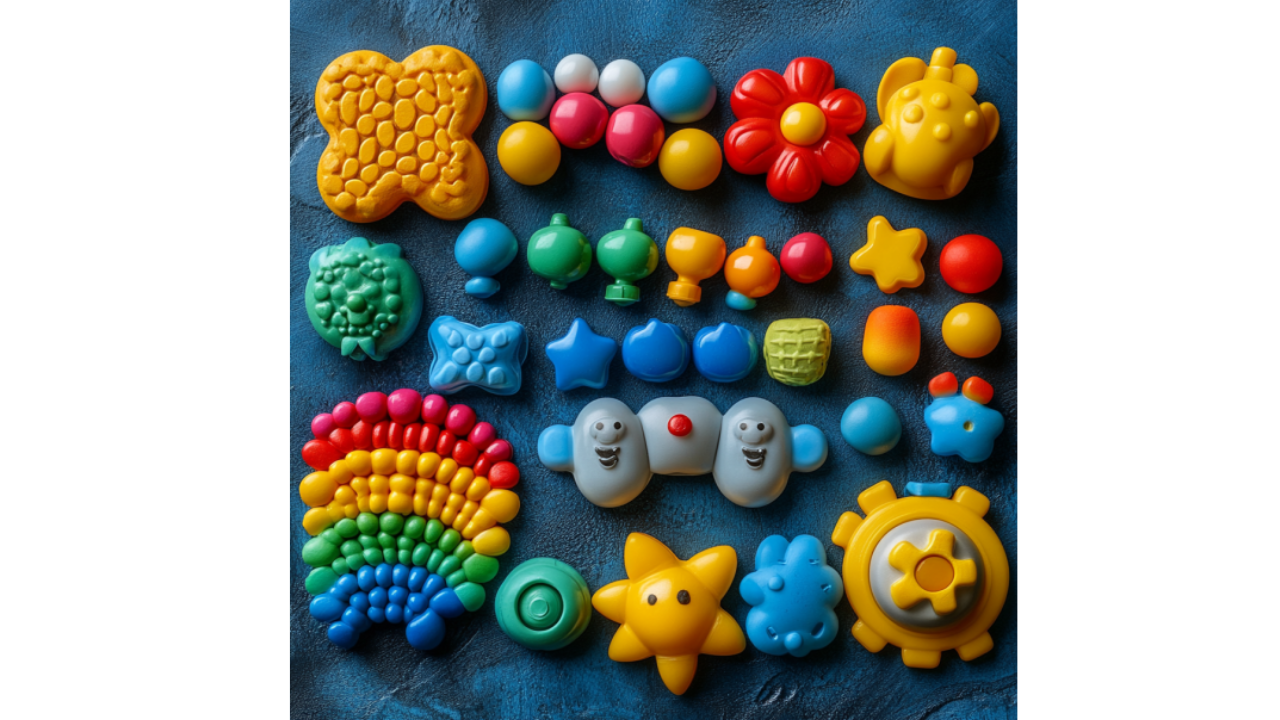5 min read
Inclusive Social Media Marketing
As social media becomes a central platform for connection and expression, brands have an opportunity to create inclusive spaces that accommodate...
3 min read
 Neurodivergence Writing Team
:
Sep 10, 2024 11:42:42 AM
Neurodivergence Writing Team
:
Sep 10, 2024 11:42:42 AM

The marketing industry, with its diverse range of roles and responsibilities, offers numerous opportunities for autistic individuals to showcase their unique skills and perspectives. This article explores the marketing jobs best suited for autistic adults and provides insights on creating an inclusive work environment that supports and values neurodiversity.
Autistic individuals often possess traits that can be significant assets in certain marketing roles. These may include attention to detail, pattern recognition, analytical thinking, and the ability to focus intensely on tasks. Here are some marketing jobs that can be particularly well-suited for autistic adults:
To fully leverage the unique talents of autistic employees, it's crucial to create a work environment that is inclusive and supportive. Here are some strategies for marketing department leaders and managers:
The marketing industry stands to benefit greatly from the unique perspectives and skills that autistic individuals bring to the table. By recognizing the strengths of autistic employees and creating a supportive, inclusive work environment, marketing departments can tap into a wealth of talent and innovation.
As the workforce becomes increasingly diverse, it's crucial for organizations to adapt and create cultures that welcome neurodiversity. By doing so, not only do they open doors for autistic individuals to thrive in marketing careers, but they also enrich their teams with diverse thinking styles that can lead to more creative and effective marketing strategies.
Embracing neurodiversity in marketing is not just about inclusion—it's about leveraging the full spectrum of human talent to drive innovation and success.

5 min read
As social media becomes a central platform for connection and expression, brands have an opportunity to create inclusive spaces that accommodate...

Sensory branding has become a powerful tool for creating emotional connections with consumers. By appealing to multiple senses—sight, sound, touch,...

3 min read
Brands must increasingly consider diverse communication preferences to create inclusive and effective strategies. For autistic people,...